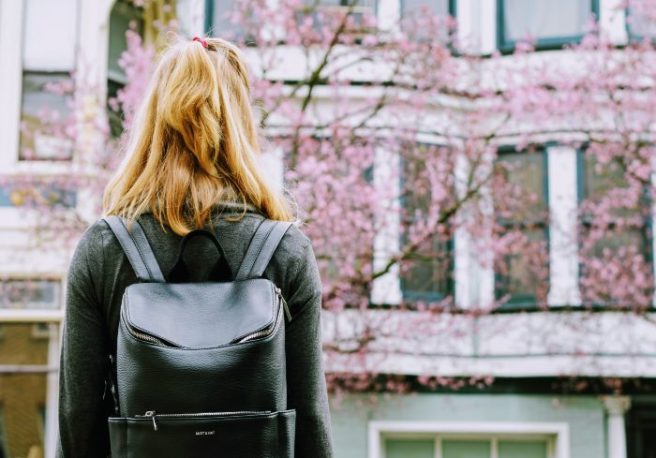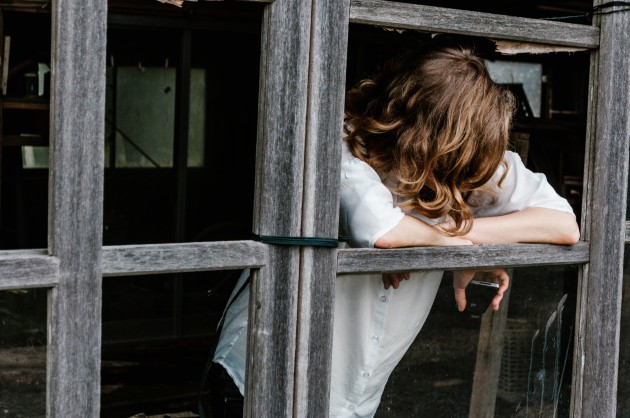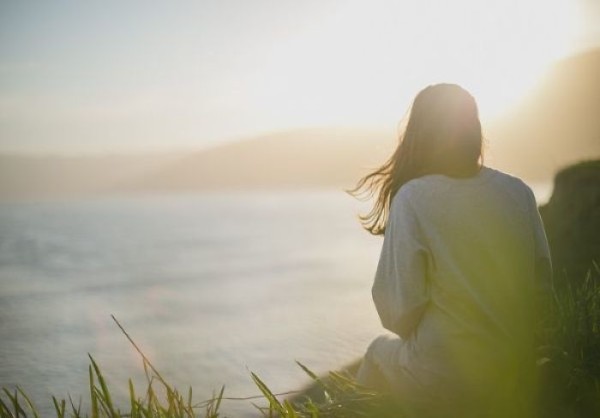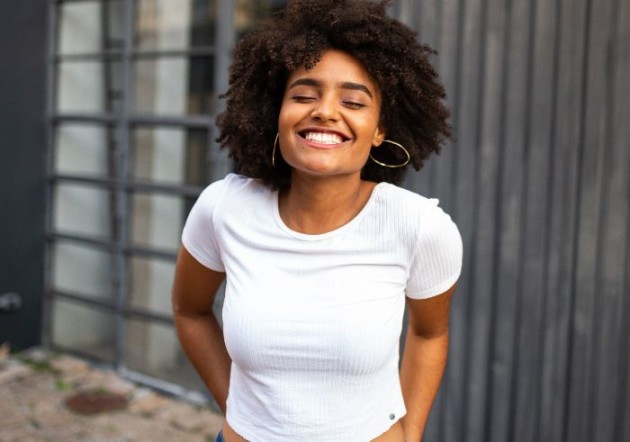
Anxiety after Lockdown: Are we ready to be normal people again?
The thought of travelling on a bus, eating in a cafe or even visiting another country has left me feeling awfully anxious. Returning to ‘normal’ life is a lot closer than we expected, but I’m not quite sure if I’m ready for it. We have gone months without seeing our loved ones, hearing daily reports about millions of COVID-19 cases across the globe and watching our country be stripped of normality. We were told to stay home and were left yearning for a hug from our best friend for months. We missed grandparents, who had no choice but to cocoon for long, lonely weeks. Concerts were postponed, weddings cancelled, schools closed their doors and offices were left vacant. Funerals took place without friendly familiar faces and old-school friends in attendance. Is it safe to stop and chat to our neighbours we wondered? When will I see my grandmother again? Is this ever going to end?
We got used to this new way of living and now the Government is speeding up the re-opening of our island. Pubs, cinemas, cafes, hotels and restaurants are set to open up again. I thought this news would make me feel happy, but it has left me dreading news of a second wave, a spike in cases and another lockdown.

If, like me, you’re feeling a little nervous as lockdown restrictions ease, then read on. UKCP psychotherapists Lucy Beresford and Yuko Nippoda look at how for many people anxiety is increasing, rather than easing as we emerge from lockdown.
“It’s important to take baby steps, to prevent yourself becoming overwhelmed, since overwhelm can be a big trigger for anxiety. Stick to one trusted source of information about new post-lockdown guidelines, and then keep focused on things that bring you joy,” Lucy Beresford suggests.
UKCP Psychotherapist Yuko Nippoda adds: “Although some people have felt frustrated, losing freedom since the lockdown, other people have gained a sense of safety feeling more comfortable within the boundaries of their home. Their house is a cocoon for them. Of course, most people feel anxious about the virus but if they experience high stress in the ‘outside world’, they may find that they have been able to detach themselves from this during the lockdown. This particular group may find themselves experiencing a greater level of anxiety as lockdown is eased.

“If you are feeling anxious, you may find that seeing people enjoying their lives as they emerge from lockdown, may make you feel left out with negative feelings about yourself. We are in the middle of a global crisis and even though lockdown is relaxing, still the impact of these new rules are uncertain. It is ok to feel anxious in this situation and it is important that you find your own pace without comparing yourself with others, which will in turn make your anxiety easier to control."
When you are out in public, whether that is in a cafe, park, on a bus or even a train, it is important to have methods that help calm you down.
Lucy Beresford comments: “Practice the 5:5:5 breathing technique. This is where you inhale for a count of 5, hold the breath for a count of 5, and then exhale for a count of 5. Tell yourself that you will get off the bus at the next stop (or leave the shop) if it all seems too much. It’s worth noting that sometimes giving yourself this permission to walk away from an agitating situation is enough to soothe the anxiety and you don’t actually need to get off the bus in the end.

Easing out of lockdown is going to be a lengthy process. We’ve all adjusted to this new lifestyle, so being gentle with yourself is key. “While people want to regain their freedom, we still need to be cautious, as we are facing a deadly disease and there could be a second wave. Feeling anxiety is not necessarily a bad thing, as anxiety could stop activities which could endanger yours and other people's lives. It is only when anxiety becomes irrational that we need to act,” Nippoda shares.
Beresford adds that rushing back to normality is a bad idea: “Trying to get back to pre-Covid lifestyle and work/social commitments too quickly. Lockdown happened rapidly and we had to adjust accordingly. Coming out of lockdown is becoming more gradual, so we have more choices we can make.
Nippoda adds: “People who experience higher levels of anxiety or fear might try to choose isolation and withdrawal from society. They might still feel the world is too dangerous and scary and not to go out and socialise. This could lead to loneliness, depression and other conditions detrimental to their wellbeing. Are these anxieties and fears based on fact or fantasy? A helpful technique is to write down what is causing the anxiety and review this and note how much of these fears are facts.”

UK Council for Psychotherapy (UKCP) is the leading organization for the training and accreditation of psychotherapists and psychotherapeutic counsellors and has over 10,000 members who are supporting the mental health and emotional wellbeing of the nation in both private and NHS settings.
For more information about psychotherapy and how it may help you with your anxiety please visit www.psychotherapy.org.uk. You can find more information about Lucy and Yuko at https://www.psychotherapy.org.uk/find-a-therapist/.






